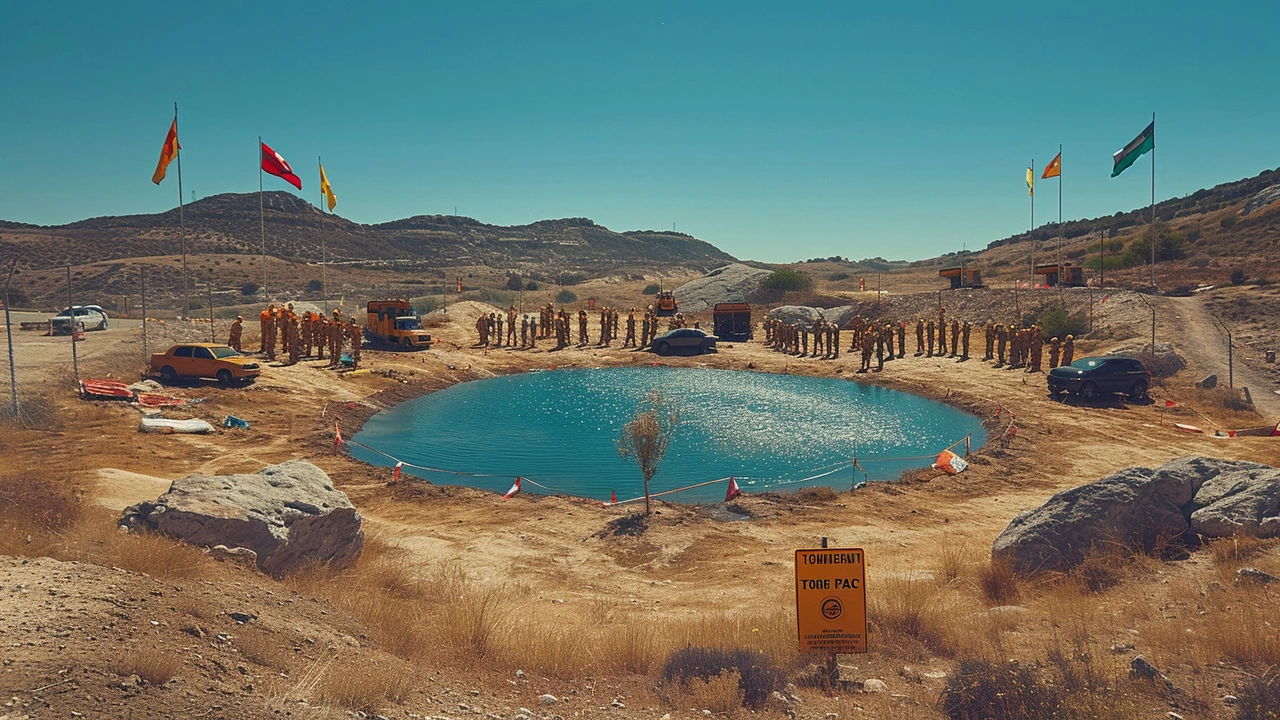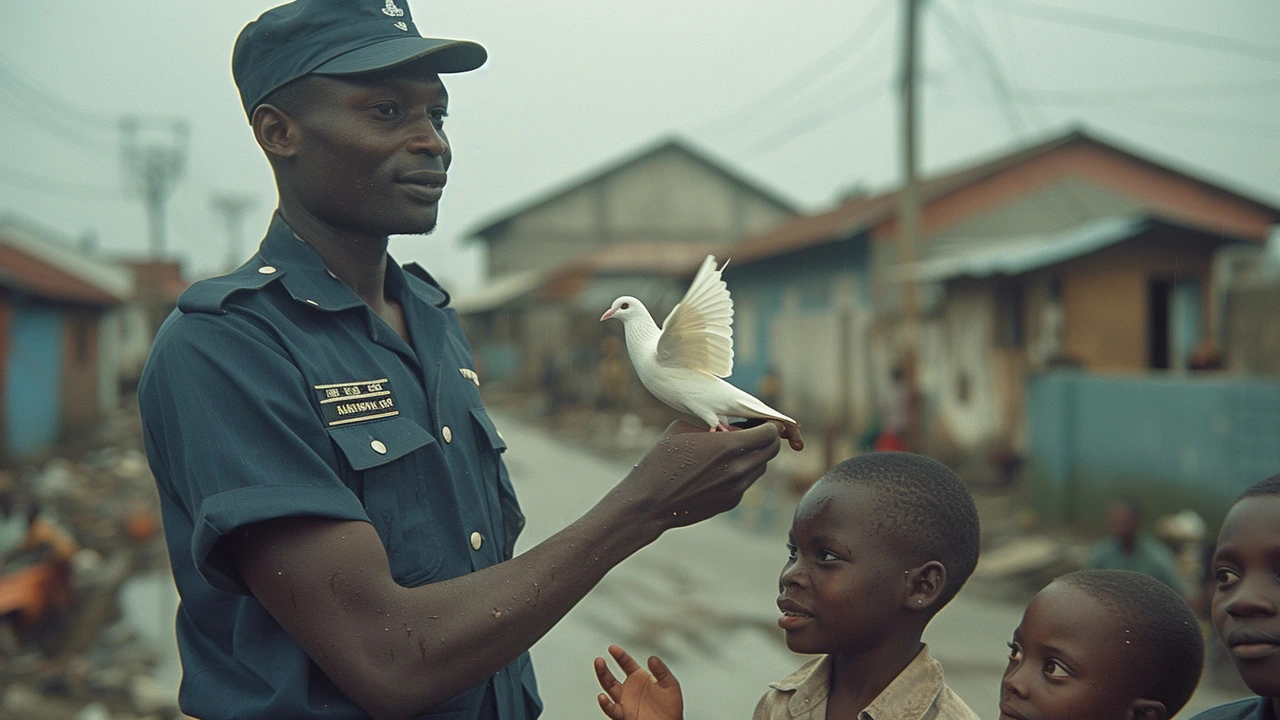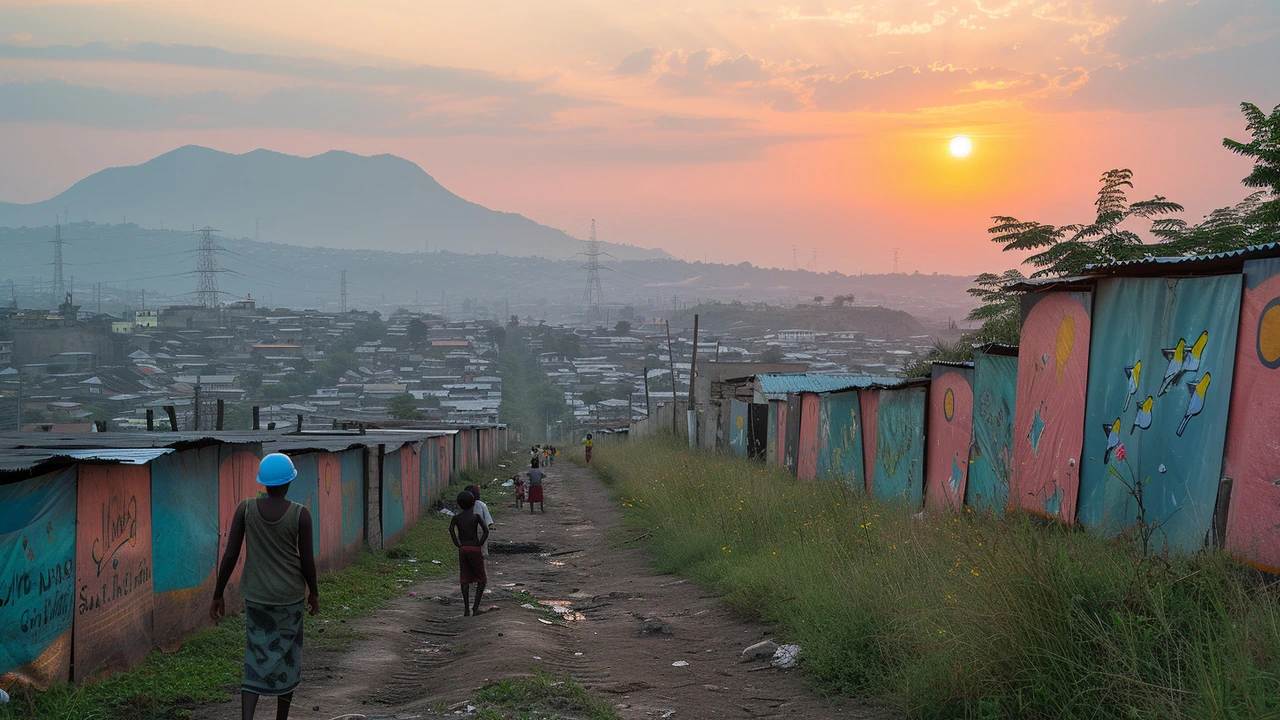When conflict flares, no single country can solve every problem. International cooperation means states, the United Nations, regional groups and NGOs share funding, troops, intel and training to keep people safe. This page explains practical ways cooperation shapes peacekeeping missions, shows clear examples, and offers simple steps that improve results on the ground.
Cooperation creates scale and legitimacy. A mission with support from many countries brings varied skills: medical teams, engineers, police trainers and language experts. It also gives the mission backup in diplomacy and funding. Local communities are likelier to trust a diverse team than a single foreign power, which reduces friction and violence.
Sharing information reduces surprises. When countries exchange maps, human rights reports and troop movements, planners can spot risks earlier and avoid deadly misunderstandings. Joint training builds common rules of engagement so forces act predictably and protect civilians.
First, partners agree on clear goals. Is the aim to protect civilians, monitor a ceasefire, or support elections? Clear goals guide who contributes what. Second, partners divide tasks. One country may lead security, another handles logistics, while NGOs run community outreach. Third, teams coordinate daily through joint centers where military, police and aid staff meet to share updates.
Money follows accountability. Donors want transparent budgets and measurable outcomes. Effective missions publish simple dashboards: number of patrols, civilians helped, schools reopened. These metrics help maintain support and show what works.
Local ownership matters. Cooperation succeeds when national authorities and community leaders help design the mission. That reduces cultural friction and improves long-term stability. Training local police and judges is often a better investment than long-term foreign patrols.
Technology helps but doesn't replace relationships. Drones, data systems and satellite images speed up responses. Yet human connections—local translators, elders, and field commanders—decide how that data is used. Trust between partners turns data into action.
What blocks cooperation? Competing political aims, weak communication, and unequal burden-sharing cause gaps. Some countries hesitate to send troops or share intelligence. Donors may fund short projects that don't match mission timelines. Fixing these problems takes honest talks, shared risk, and clear timelines.
How can readers follow or help? Track missions through UN updates and independent reports. Support NGOs that train local staff. If you work in government or a donor agency, push for multi-year funding and joint training exercises. Small steps—better briefings, a shared training calendar—make cooperation stronger.
Small examples show impact: in Liberia, joint patrols and local training helped lower violence and reopen schools. In another case, regional coordination helped curb arms flows across borders, reducing clashes. These wins come from steady funding, shared planning, and respect for local leaders. You can back them by staying informed and supporting aid groups.
International cooperation isn't a buzzword. It's a practical tool that saves lives, rebuilds communities, and helps fragile states stand on their own. When countries and organizations align goals, share resources, and listen to local voices, peacekeeping actually works.

As a passionate advocate for peace, I wanted to shed some light on the powerful role of peacekeeping in achieving lasting peace around the globe. My latest post delves into the importance of peacekeeping missions and how they promote international cooperation and conflict resolution. Get lost with me in the complexities, challenges, and triumphs of peacekeeping. Oh, and let's not forget the impact these efforts can have on creating a world filled with harmony and mutual respect. Let the journey to lasting peace begin today!

Hi there, as we navigate this complex, interconnected world, peacekeeping has taken center stage. It's more than simply preventing conflict; it's about fostering a deep commitment towards international cooperation to ensure a safer future for every nation. In my latest post, we delve into peacekeeping missions, the incredible people who spearhead them, and how you and I can contribute. Intrigued? Stick around to learn more about this global call to action and how we can make a tangible difference.

Hello there, this post shines a light on the urgent significance of peacekeeping and global unity. It stresses the importance of international cooperation, spotlighting how each one of us, as global citizens, can contribute to maintaining peace and achieving harmony. In this post, we explore various conflict resolution techniques beneficial at both micro and macro levels. Read on to understand the significance of unity in this globally interconnected world.
